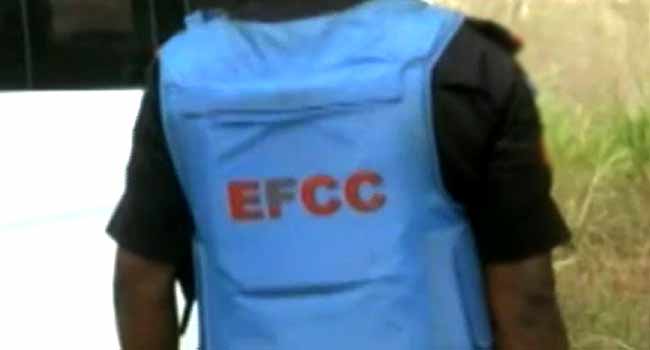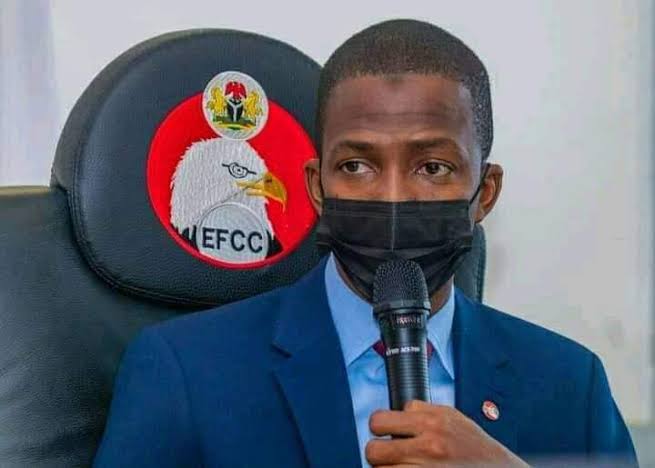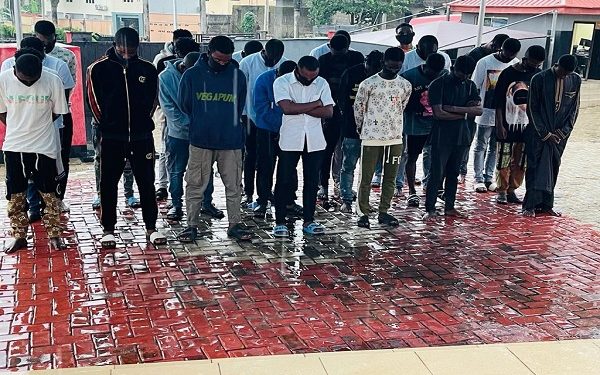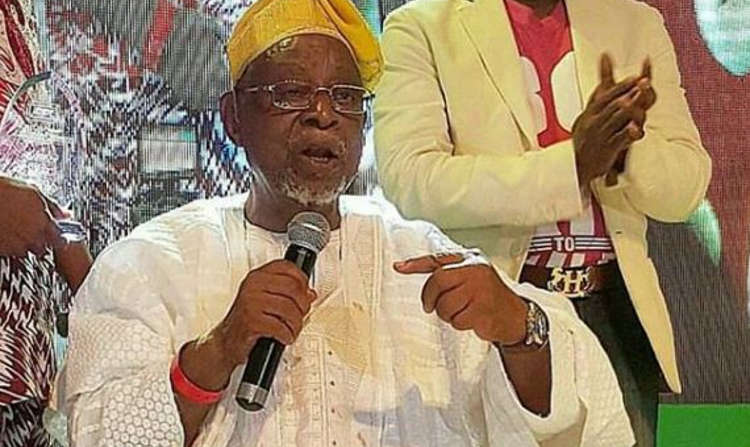By Evaristus Bassey
On the 12th of March 2023 David Eke made a post that showed quite convincingly that the President-Elect Bola Ahmed Tinubu had more paths to victory than Peter Obi. According to him, “Obi won Southeast and shared Niger Delta with PDP and APC. Any vote Obi got from the south, could have been neutralized by Tinubu’s votes from the south too…On election night, after analyzing the voting pattern of polling units’ results posted on social media of the core northern states, I knew they did not vote for Obi, and he was technically out of the race.” (Eke,D.(2023)[Twitter] 12/03. Available at: URL(Accessed 13/3/2023)). He went further to say that, “These states; Kebbi, Sokoto, Katsina, Kano, Jigawa, Borno, Yobe, Bauchi, Zamfara, Kaduna, Kogi, Kwara, and Niger DID NOT VOTE OBI. This is the Muslim-controlled north. Obi was making waves there initially until we turned Obi into a “Christian Project” …”
Eke supported his conclusions with the data from the INEC results viewing portal.
As objective as his analyses seemed, what dents the legitimacy of Tinubu’s win is that INEC made it seem like a shady deal. INEC appeared highly biased towards the candidate of the ruling party that as clearly as his path to victory was, it is perceived as a compromised victory and therefore affects his legitimacy in the eyes of a critical mass of citizens. This is one situation in which perception is reality. INEC did so much disservice to itself that the credulity and credibility it built up towards the elections dissolved just a day after the elections, for a large chunk of the population.
The entire core north may have given their votes to the President-Elect because their leaders had decided to concede power to the south and had so instructed their followers to vote the APC candidate. The Southwest may have overwhelmingly voted for Tinubu as their son, except Lagos of course. APC too had loyal party men in the South-south and Southeast. But INEC did not maintain the needed neutrality to allow the process flow naturally so that we see truly whether all the previous prognostications and the current postmortems are ad rem. The very fact that INEC allowed a seamless transmission of the national assembly results but somehow, nationwide, there was a glitch in the uploading of the presidential results showed that there was something not very transparent going on. Someone has gone ahead to make the following breakdown: 840 results not accessible, 8217 results blurred and unreadable, 527 results cancelled, 164,279 results uploaded one week after election, 490 wrong PU results uploaded, 209 improper uploads on the form EC8A and 10,000 results not usable.
Unfortunately, INEC Headquarters must take the blame, as is normal with Nigeria. Our unitary federalism makes everyone focus on the federal capital. There is very limited activism at state and local government levels whereas there is a lot at the federal level. Buhari easily gets the blame while some of our state governments are literally criminal enterprises with our governors the gang leaders. The INEC offices at state level and especially local government level commit the most heinous electoral infractions which we all turn around to heap the blame on INEC headquarters. The local politician easily has the security agencies under his payroll and at the risk of being severely molested, the ad hoc INEC staff at the polling unit is intimidated into doing their bidding; or at that level he is easily swayed with money. Many ward collation officers, and some local government collation officers see election time as harvest time, their own time to reap where they have not planted. And so, we have a system that is manipulatable at the national level and extremely compromised at the grassroots level.
For me, the root cause is a legislature that is filled with electoral criminals influenced by an already established thieving executive.
Why allow so many stages of human interference in the electoral system when a good law would eliminate all those bottlenecks? Why multiply entities beyond their necessities? Nigerian politicians generally have no sense of the common good; all they think about is winning the next election, and they believe they cannot win by free and fair means, because they do not serve the people during their tenures and know that a free and fair election would throw them out, so they put loopholes to be able to carry out some electoral heist. Take the falsely hyped BVAS machine for instance. While the rest of us celebrated it as a game changer, the politicians knew it was just a camera, just to take a photograph of the result sheet, a result sheet that can be filled with or without accreditation! While the rest of us spent time to queue for accreditation and voting, those who knew how to win their election simply thumb printed ballot papers and assigned scores to political parties as they wished on the result sheet and used the BVAS camera to take a shot and send to INEC server days later. Same thing happened in 2019 with some parts of the country completely ignoring the card reader. In 2015, after all the hype that card reader will be used, some parts of the country used the card reader only for INEC to announce sometime during the day that manual accreditation was okay because of the ‘challenges’ of the card readers! It then gave opportunity for certain parts of the country to come up with humungous figures! Every time the citizen is taken for a ride by selfish and purposeless politicians.
We as citizens will have to mount pressure on the national assembly to review the electoral act and eliminate all the devilish human agents that are obstructing the path to the peoples’ sovereignty. The law must be unequivocal about electronic accreditation, voting, and collation. These are things that could be sorted out with software. As we get accredited, the ballot should be electronic, where you click on the party logo and your vote is automatically collated. Nigeria has so many software engineers that could do this, or it could be outsourced. I am not lost to the fact that this would require a running battle.
The foundations of our nation should cease to be this gross dishonesty. I know that the national assembly cannot do this without the agreement of the executive. The President-Elect should try and be like President Y’Ardua who acknowledged that the election that brought him into office was flawed. He may not need to say it though. But he should do reparation for the abuses that have taken place during the presidential election through working with the legislature to adopt an electoral act that would shore up confidence in the populace. The people have been taken for a ride for too long, with a corrupt fuel subsidy regime, deceptive electoral processes, and even now with a conflicting currency policy that has brought untold hardship. Never did I dream that anyone would buy his national currency in a territory where it was legal tender! This issue has been the greatest low of the Buhari regime. The incoming government should do its best to respect citizens.
As for Peter Obi being a Christian candidate, I completely disagree. Yes, most Christians may have supported him, not because he is Christian, but because he sounded fresh and different. Most Christians supported Buhari in 2015 against Goodluck Jonathan because Buhari was mistakenly seen as something different. As Christians, we support the truth from wherever it is coming from, whether it is coming from one who is in our fold or outside of our fold. And if INEC had allowed things to flow smoothly as they should, it would have been seen that Obi was also supported by very many Muslims as well, because they saw him as a departure from Nigeria’s usually deceitful ways. Truth is open to all humanity irrespective of their religious affiliations.










